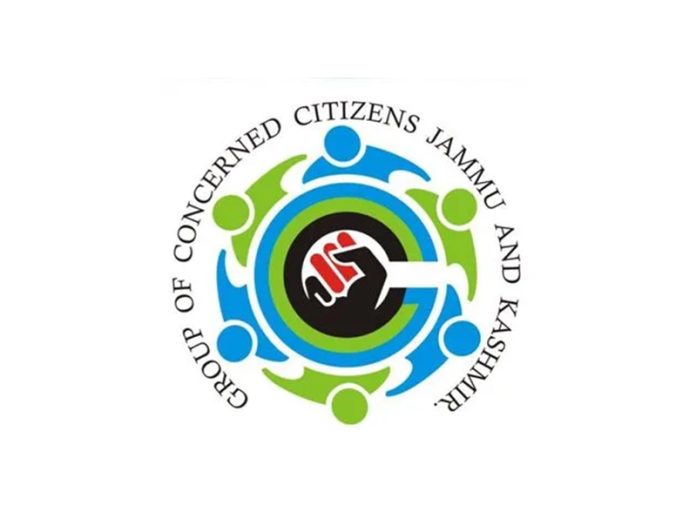Excelsior Correspondent
SRINAGAR, June 30: The Group of Concerned Citizens (GCC), a non-political coalition comprising retired civil servants and professionals from various fields, convened in Srinagar today to address pressing public issues in Jammu and Kashmir.
A major point of discussion was the inadequate attention to solid waste disposal by municipal authorities and panchayats.
The GCC highlighted the absence of a clear policy on segregating solid waste into biodegradable and non-biodegradable categories and the subsequent disposal processes.
The group noted that household-level utilization of biodegradable waste remains largely unaddressed, with few households aware of proper practices.
Additionally, the GCC criticized the lack of regulation on plastic use and the non-implementation of existing bans on single-use plastics, particularly amid the ongoing Amarnath Yatra and tourist influx, which exacerbate waste pollution in the region.
To combat these issues, the GCC proposed enlisting the help of religious leaders to promote cleanliness and sanitation in their communities, emphasizing that these values are embedded in religious teachings.
They urged imams and other religious heads to incorporate these messages into their sermons.
While welcoming Government statements on promoting sustainable tourism, the GCC expressed skepticism about their implementation.
The group also discussed the construction of new roads in mountainous areas, specifically around Pahalgam and Sonmarg, arguing that such projects should proceed only after thorough Environmental Impact Assessments (EIA).
They called for a reconsideration of building permission powers, advocating for these to be vested in senior officials or committees to ensure due diligence.
Members also raised concerns about environmental degradation across the Himalayan belt, citing reports predicting severe consequences for the region.
The GCC stressed the need for urgent attention from the UT Government to address these environmental challenges.
Traffic congestion in Srinagar was another critical issue, with the group recommending a trial of the odd-even vehicle policy to alleviate the situation. They offered to provide specific suggestions to the Traffic Department separately.
Regarding the Housing and Urban Development Department’s (H&UDD) draft bill on Transferable Development Rights (TDR), the GCC’s Secretary had already requested an extension for public comments until July 31.
The group urged the Commissioner Secretary to initiate broad consultations with municipal bodies, Deputy Commissioners and other stakeholders.
The GCC reiterated the necessity of prohibiting the conversion of agricultural land for non-agricultural purposes, particularly in Kashmir, where small family holdings and limited agricultural land are already a concern.
They warned that further conversion would reduce agricultural production and food self-reliance.
In a positive note, the GCC celebrated Srinagar’s designation as a World Craft City by the World Craft Council, commending local artisans.
They emphasized the need for quality control and enforcement of Geographic Indication (GI) status for certain crafts.
Finally, the GCC decided to review public feedback on the Srinagar Smart City project in an upcoming meeting, noting several unresolved issues that require careful consideration.


